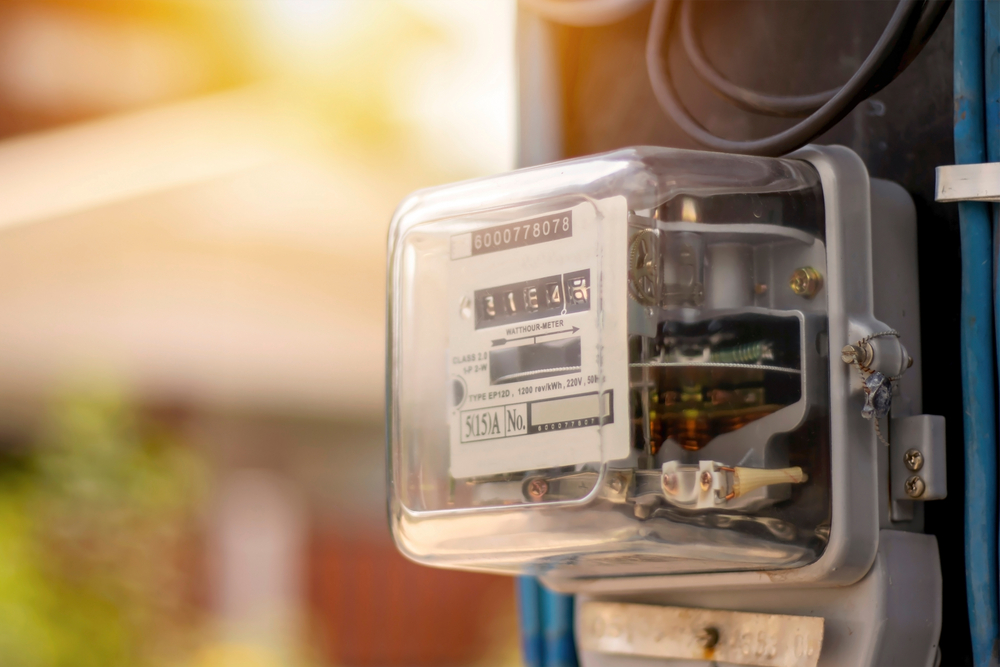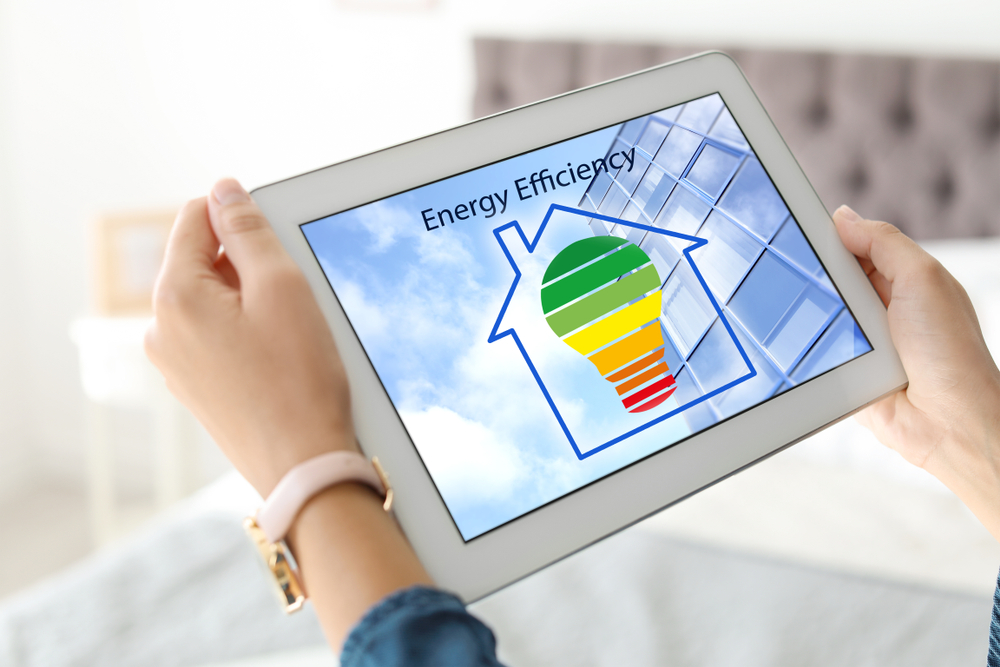Use This App to Access an Energy-Efficiency Consultant for Free
An energy efficiency consultant is a professional who can conduct a home energy audit to find all the ways the home is wasting energy and help homeowners find ways to save money. These consultants are experts at finding hidden energy drains and can help homeowners cut their utility bills and live greener.
Yet, hiring a professional energy consultant isn’t an expense that all homeowners can afford. HomeAdvisor explains that homeowners can spend anywhere from $207 to more than $600 on an auditor. Those who can’t afford a consultant can use this app to access an energy-efficiency consultant for free!
What is a Home Energy Audit?
A home energy audit reviews all the energy use of the home. Every room is audited. A consultant will analyze every single energy source in the room.
The audit often requires the consultant to check every outlet, analyze pipes for leaks, investigate the light bulbs being used to brighten the home, check the thermostat settings and even look at the hot water heater, too. The goal of the audit is to find areas of energy waste to help lower energy bills and maximize energy efficiency.
Homeowners who are interested in hiring an energy efficiency auditor or consultant can visit the site for the Zero Energy Project. The site recommends that homeowners contact their local utility provider (gas or electric) or even visit the ENERGY STAR website to find reputable auditors and consultants; there are other links on the site to find auditors, too.
Homeowners might consider a professional energy audit if their electricity bills are suddenly soaring or if they simply want to commit to a greener lifestyle. Auditors might be able to make recommendations as to how the homeowner could further increase energy efficiency.

What are Common Sources of Energy Waste or Drains?
Energy drains can be hidden or they could be obvious. The consultant’s job is to find all these drains for the homeowner. Some common energy drains include:
- Leaky pipes
- Dripping faucets
- Incandescent light bulbs
- An HVAC thermostat that’s set too high or too low
- Gadgets that are unused but plugged into an outlet
- Poor insulation
- Gaps around doors
- Gaps around windows or low-quality windows
- Older appliances

How Can Homeowners Conduct a Home Energy Audit?
Homeowners that don’t have the budget to hire an energy-efficiency consultant to conduct a home energy audit can download benefyd for free via Google Play (for Android devices) or the App Store (for Apple).
Consider benefyd to be a virtual energy efficiency consultant. The app is designed to find the energy drains in the home—like a professional. However, the homeowner needs to provide some information for benefyd to make their home more energy efficient.
Before using the app, homeowners should have a copy of their most recent utility bills. benefyd requires homeowners to enter monthly energy use or data. In addition, benefyd also will prompt users to take a picture of each room in their home (a home ‘selfie’).
Using the images and information that the homeowner provided, benefyd will identify areas of energy waste and provide homeowners with recommendations on how to improve the energy efficiency of their home. The app also can help homeowners find rebates.
Conducting A DIY Home Energy Audit
Homeowners also can conduct a more extensive audit of their home on their own. For example, they can look under sinks to check for any leaks.
Light fixtures also can be an energy drain. If the home is still brightened by incandescent bulbs, homeowners can swap these out for LED—they are longer-lasting and much more efficient.
One simple energy-saving recommendation is to just adjust the thermostat on the HVAC. During the hot summer months, set the thermostat to 78 degrees Fahrenheit. When warming the home in winter, opt for 68 degrees Fahrenheit.
Daily habits also impact energy use. Is the homeowner washing small loads of laundry or dishes? This is, unfortunately, a bad habit that can add up in energy costs.
Older home appliances also could be wreaking havoc on energy bills. Older appliances could be incredibly energy inefficient. When older appliances are nearing the end of their lifespan, homeowners can upgrade to ENERGY STAR appliances that can help them save money and reduce their energy use.
Taking long showers also means using more hot water. Not only does this bad habit increase the water bill, but it also increases the electricity or natural gas bill, too (depending on if the water heater is powered by gas or electric).
While benefyd can help identify some energy drains in the home and make suggestions to improve energy efficiency, homeowners could benefit from conducting their own thorough energy audit to analyze their habits.
Making changes can help make a dent in monthly utility bills and help homeowners live more sustainably.


